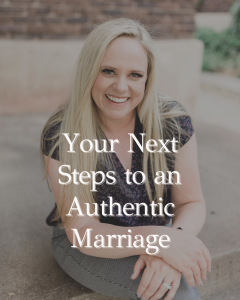
The 3 keys to any healthy sexual relationship are safety, trust, and vulnerability. And they all build on each other. If we don’t feel safe, we can’t trust our partner, and in turn, we can’t be completely vulnerable with them if we can’t trust them. That’s why we’re talking about safety, trust, and vulnerability in this episode. Let’s find ways to help you be courageous and choose to trust, feel safe, and be completely vulnerable with your partner.
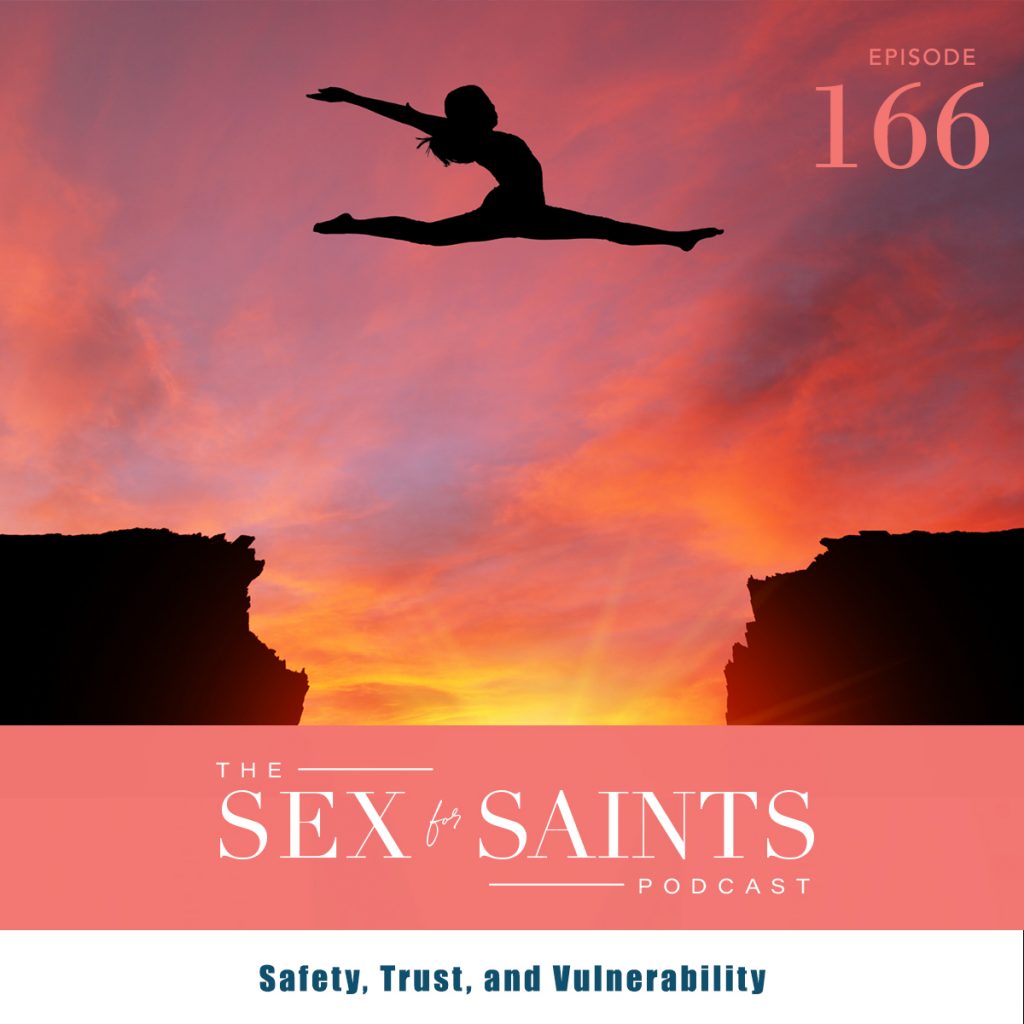
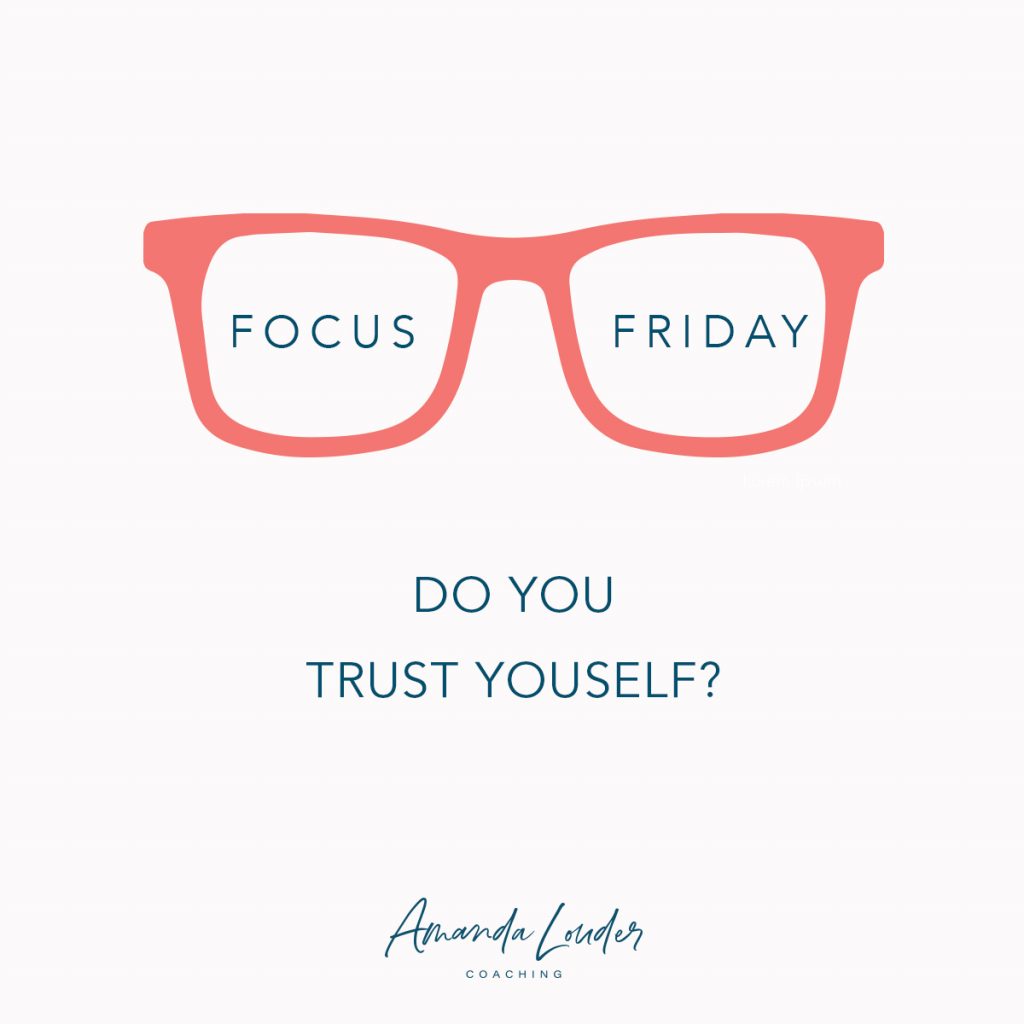
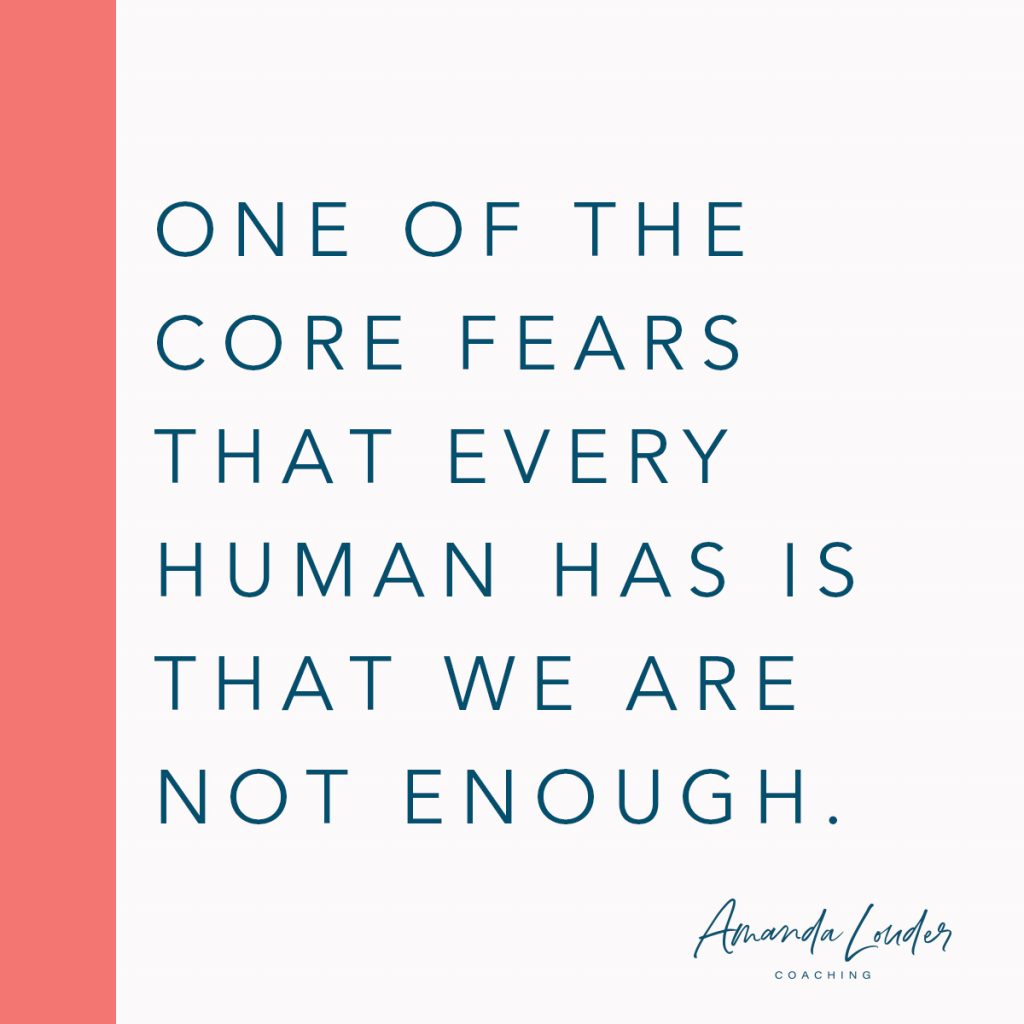
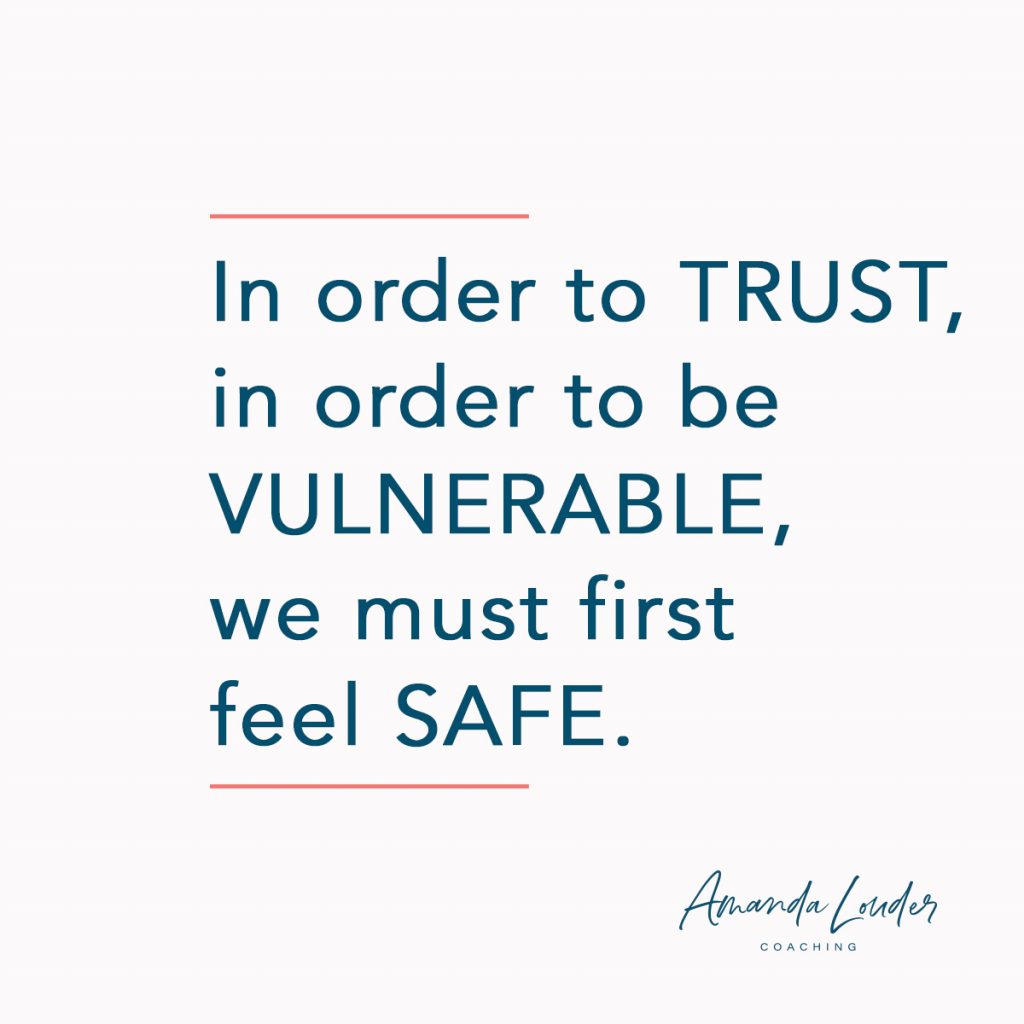
Show Notes:
Follow Amanda on Facebook and Instagram.
Join Amanda’s Private Facebook Group.
Show Summary:
There are 3 keys to any sexual relationship: safety, trust, and vulnerability.
Vulnerability is a key piece in any intimate relationship. To truly create intimacy we have to be willing to open up and expose ourselves in every sense of the word. When couples are struggling in their sexual relationship, many times it is because one or both partners is unable or unwilling to open themselves up and be vulnerable. Why? Because this taps into one of the core fears that every human has…that we are not enough. So we don’t own up because we are afraid of being rejected for who we truly are. Our brain offers us thoughts like
- What if, when we do open up, our partner, the one we love the most, doesn’t accept us?
- What if they think we should be different or better?
- What if they laugh, make fun of me?
If any of those were to come true, it would confirm our worst fears, our worst thoughts that we have about ourselves; that we truly aren’t enough as we are.
This is where shame comes in. And shame keeps us hiding. Hiding from ourselves and hiding from our spouse. We can’t be vulnerable and have intimacy if we are ashamed of ourselves.
“The definition of vulnerability is uncertainty, risk, and emotional exposure. But vulnerability is not weakness; it’s our most accurate measure of courage.” – Brene’ Brown.
In order to be vulnerable, we must have courage. Courage to open ourselves up despite what may happen. Intimacy can not happen without it.
Many times, in order to feel like we can open up, we need to trust our partner and ourselves first.
Trusting Our Partner
- Can they be trusted with our heart?
- With our body?
- Why or why not?
- Are they deserving of that trust?
Sometimes it’s good judgement not to trust. But most of the time it’s our fear that is keeping us from trusting and it’s not actually good judgment. So understanding where that lack of trust is coming from is crucial. Is that lack of trust coming from a good reason or is it just fear?
Most people talk about trust as something that is earned. But I don’t think that is correct. Trust is a choice. It can be given or taken away for no reason whatsoever, or for very good reasons. It’s a decision. To trust or not to trust is always a decision. And we make those decisions from a feeling. So we need to understand what feeling is driving that decision?
Many times, like I said before, the feeling driving us not to trust is fear. Fear that we will be hurt in some way. And the feeling that drives us to trust is safety. In order to trust, in order to be vulnerable, we must first feel safe. Safe physically, emotionally, mentally, and spiritually. Safety does not come from the person we are with or from our circumstances. Safety is a feeling we create with the way we are thinking
For example, let’s say that a man was having an affair, but his wife didn’t know or suspect. She may trust him and feel safe with him. But then, as soon as she has more information, she no longer trusts him, she no longer feels safe with him. Why? Because after she had this new information her thoughts changed about him.
There are many individuals who choose not to trust people from the get-go. They think that trust needs to be earned (but remember, it’s always just a decision). But me, I choose to trust people unless I have good reasons not to. And even when that trust is “broken” I often still choose to trust because I understand that we are all human and we make mistakes and give them an opportunity to be trustworthy. Now if it happens again and again, of course I may choose to withdraw that trust because that is good judgement. But usually, I ere on the side of trust. That’s just me personally and I feel like, for the most part, it has served me well.
But that brings me to the next part, it serves me well because I trust myself.
Trusting Ourselves
I tend to trust people because I trust myself most of all. I know that I am a person of integrity and I trust myself to make good choices and follow through on what I say I’m going to do. Trusting yourself comes from confidence. It comes from building that relationship with yourself. Being a good friend to yourself. Learning to get your own back. Taking care of yourself. That is how you learn to trust yourself.
One of the things I teach my clients to do is talk back to their brain. The brain is constantly on the lookout for danger & how you might die. So it puts up roadblocks (or thoughts) constantly to stop you from doing things.
- Don’t say that
- Don’t do that
- This might happen if you do.
And rather than letting your brain run wild with “what-if” scenarios and spiraling out of control, you learn to talk back to it. Talk to it like the child version of you or your best friend.
- It’s ok
- I’ve got you
- I’ll make sure we are ok no matter what.
By talking to yourself this way, it creates trust with yourself and safety.
Safety
Safety is also not created by other people or our circumstances, it is created by the way we think. The way we think about circumstances. The way we think about people. Sometimes, our circumstances and people make it easier for us to think about things as safe, but really we FEEL safe because we THINK safe thoughts.
My husband and I travel to Mexico quite often. I feel safe there, especially with my husband, because he speaks Spanish fluently and can understand things that I do not. He’s also 6’3” and his size alone makes me feel safe in a lot of circumstances. One morning, we were walking through town to get to the local church building so that we could attend church down there. There were people standing around on the different streets that we walked on, and I felt totally safe with him by my side. He later told me that some men were making comments and he didn’t feel it was safe and had led us down a different road than he had planned. I had no idea. I had felt safe the entire time because I was thinking thoughts that made me feel that way.
Sometimes in our relationships, we interpret things as not safe. Or, one partner does something that breaks trust with the other partner. I’ve had a few clients who’s husbands have threatened divorce if they didn’t “fix” themselves when it came to sex. It was really hard for these clients to feel safe in their relationship because they didn’t trust that their partner loved them no matter what. And this, of course, made the sexual relationship much harder. These women didn’t feel comfortable to open up and be vulnerable with their spouse in such an intimate way because that safety and trust had been broken (for good reason, in my opinion) with their partners’ threats.
But, I also tell them that it is up to them to create that safety and trust in themselves. That they can choose to trust or not trust. They can choose to open up and be vulnerable or not. And it may create a stronger bond later or it may open them up to being hurt. But then knowing that they can trust themselves and have their own back and take care of themselves it gives them the safety to do that.
“Waking up every day and loving someone who may or may not love us back, whose safety we can’t ensure, who may stay in our lives or may leave without a moment’s notice, who may be loyal to the day they die or betray us tomorrow – that’s vulnerability.” – Brene Brown
But she also says “Vulnerability is the core, the heart, the center of meaningful human experiences.”
And isn’t that what we all truly want? A meaningful human experience? So, be courageous. Create that safety and trust in yourself, so that you can open up and be vulnerable and create a truly intimate experience.

